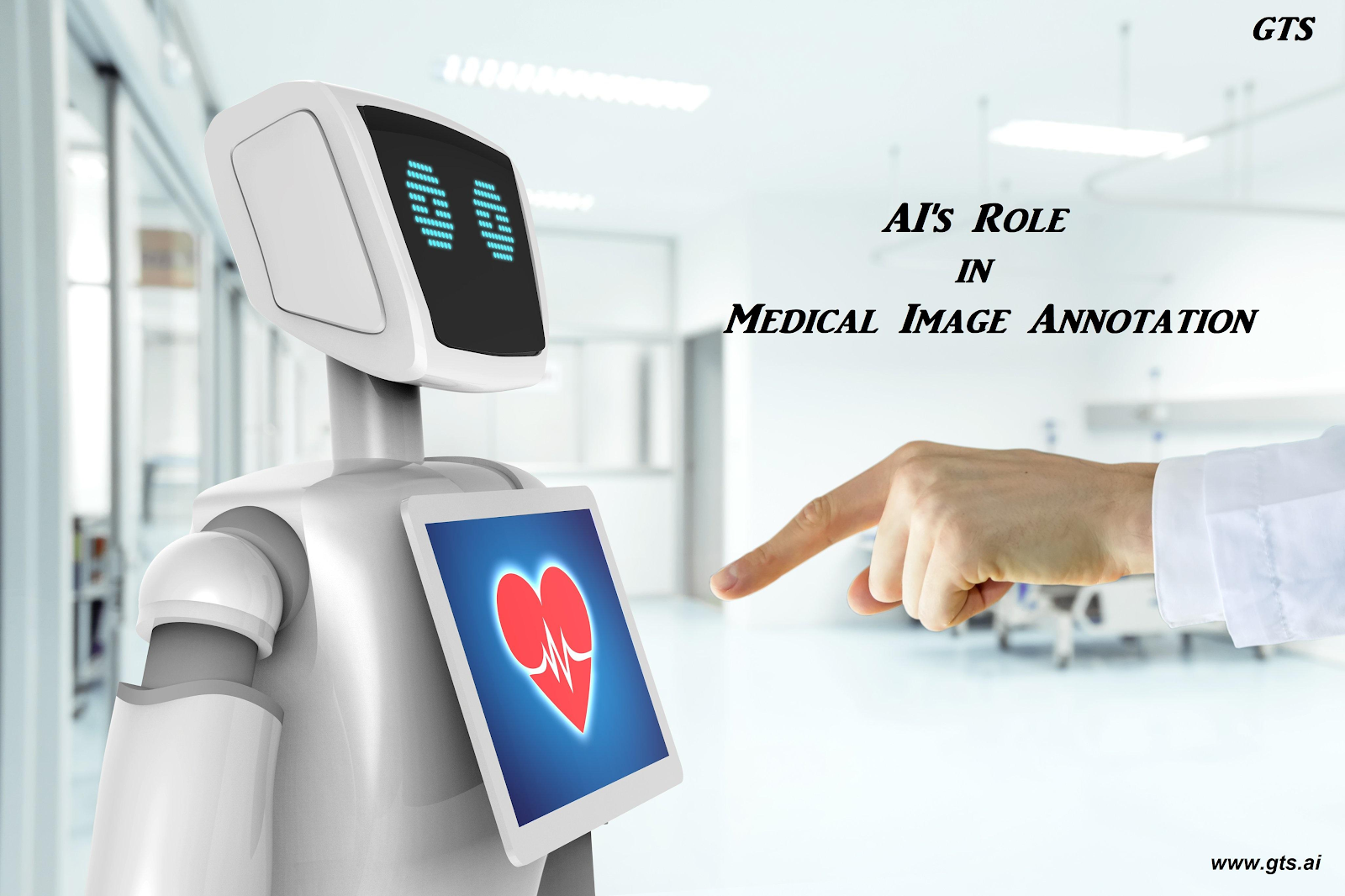The Crucial Role of Datasets in Boosting the Healthcare Sector
The Crucial Role of Datasets in Boosting the Healthcare Sector
It’s astounding to consider that the volume of data collected in the previous few years alone has surpassed that of all of human history. All of this enormous data must be processed, stored, and evaluated in order for it to be useful. That is the aim of data gathering. The enormous amounts of information, however, have proven difficult for modern technologies to handle, which has resulted in weak performance, lost profits and wasted time. 95% of companies, according to Forbes, struggle with data management and are looking for a workable solution.
There is enormous potential for more precise and comprehensive patient data collecting in the dynamic healthcare sector, which uses the most recent technologies. Technology makes patient data instantly accessible throughout the whole healthcare system, and coordinated efforts within any medical system can increase the precision of medical data collecting. Everyone should have access to information about their own healthcare to assist manage their diseases, and good quality patient data is crucial to informing our clinical care. To guide your treatment and deliver the best care possible, your whole care team- whether in a clinic or hospital- must have access to the most recent patient data collection about you and your medical history.
Why is data important in healthcare?
Competitivity in the market
Governments, hospitals, and outside organisations like registries and health plans are all part of the complex system that is community health. The quality of services provided to patients might be greatly enhanced by proper patient data gathering, which would also result in improved market positions and higher profits. Care providers must employ the most recent data gathering, analysis, and software techniques to achieve these outcomes.
Intelligent choices
It is possible to exaggerate the significance of accurate data in the healthcare industry, and there are numerous reasons why doctors, patients, insurance companies, and other institutions must maintain accuracy in their data collecting. Making decisions is one of the key causes. If healthcare professionals can’t access the data they require to comprehend the demands of their patients, what use does patient information serve? Medical data collecting tools make it feasible to gather and analyse patient data and outcomes rapidly and efficiently. In order to save lives and provide better treatment, doctors, caregivers, insurance companies, and other parties must promptly and securely transmit information.
Artificial Intelligence Implementation (AI)
Patient data gathering may be made more effective and systems can be automatically improved with the use of AI, which has long been used in the healthcare industry. Healthcare is also utilising the AI technologies that are permeating our daily lives. AI has the ability to help healthcare professionals with various administrative and patient care tasks. Companies and governments are working hard to come up with fresh solutions because the value of data collecting in healthcare implies saving lives and raising the quality of life. Large volumes of patient data can be stored, processed, and analysed using artificial intelligence. AI in healthcare can continually teach itself. AI algorithms can generate recommendations more quickly and precisely the more data there is to learn from and evaluate. Perhaps providing data-based proof in favour of a specific choice or recommendation.
At the point of care, some software systems today can provide clinical decision assistance to the doctor by processing a patient’s data across the healthcare system using proprietary medical algorithms. Care providers and health plans can process the enormous volumes of unstructured patient data entered into EHR systems by using artificial intelligence in healthcare, such as machine learning and natural language processing.
Why are databases important in healthcare?
Staying up to date is crucial in the modern healthcare industry. Doctors can gather necessary patient data and chart patients' necessary patient data and chart patients simultaneously at the point of care or immediately afterwards by utilising the most recent tools and information systems. Due to their ability to instantly access vast amounts of patient data information, quick and accurate database systems are essential to the healthcare industry. For that particular patient as well as the wider group of patients as a whole, the significance of correct data in healthcare might be the difference between life and death. Today, doctors require immediate access to the most current and accurate patient data possible at every stage of the care process.
Healthcare Data Collection Methods
There are many ways to collect data on healthcare, including surveys, in-person interviews, and document reviews. Today, the majority of information is obtained using digital channels and the many market-available applications.
A medical institution should consider the following factors while selecting the best options for healthcare datasets:
- supplied services
- the number of patients and doctors supported
- tools and infrastructure already in place
- Budget
The most often used resources for obtaining medical data include:
- Integrated customer relationship management (CRM) systems are used to produce and manage general information, deliver reports, and examine various problems.
- EHR- electronic health record systems that compile and examine individual patient data to produce greater insights.
- Applications for portable devices that connect doctors and patients, gather data from multiple databases and provide access to that data.
There are also possibilities for development: you may either build custom software from scratch, have someone give medical datasets to you, or use one of the many commercially available ready-made solutions. Your specific circumstances and expectations will all play a role.
Datasets and GTS
The need for quality datasets in building a healthcare AI model is important, as more high-quality data means fewer mistakes in the actual model. That’s why we at Global Technology Solutions provide data collection and annotation services. Our name and work have been trusted by many, and we never compromise our services.




Comments
Post a Comment